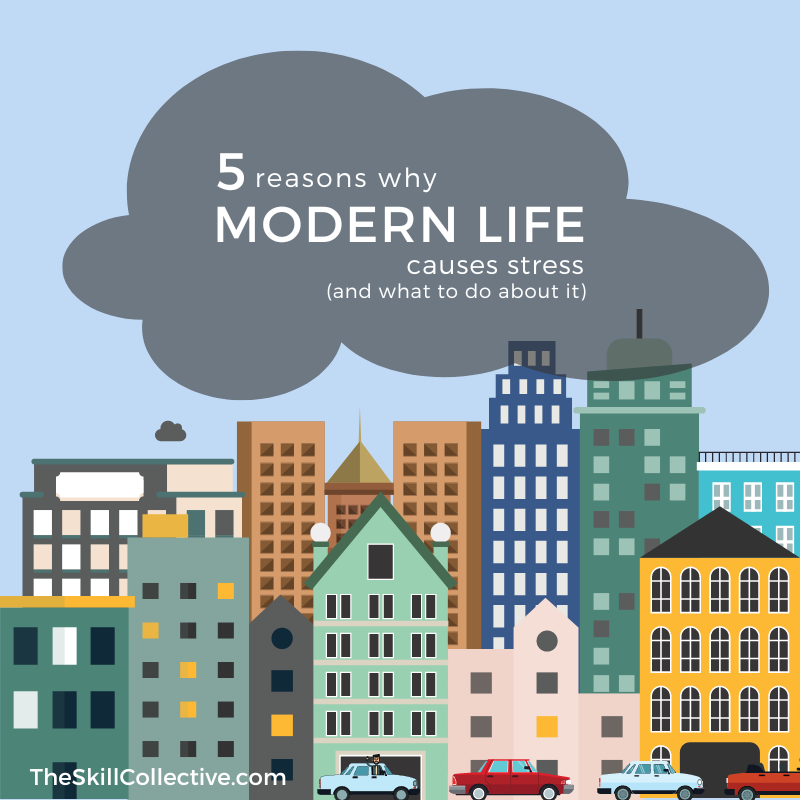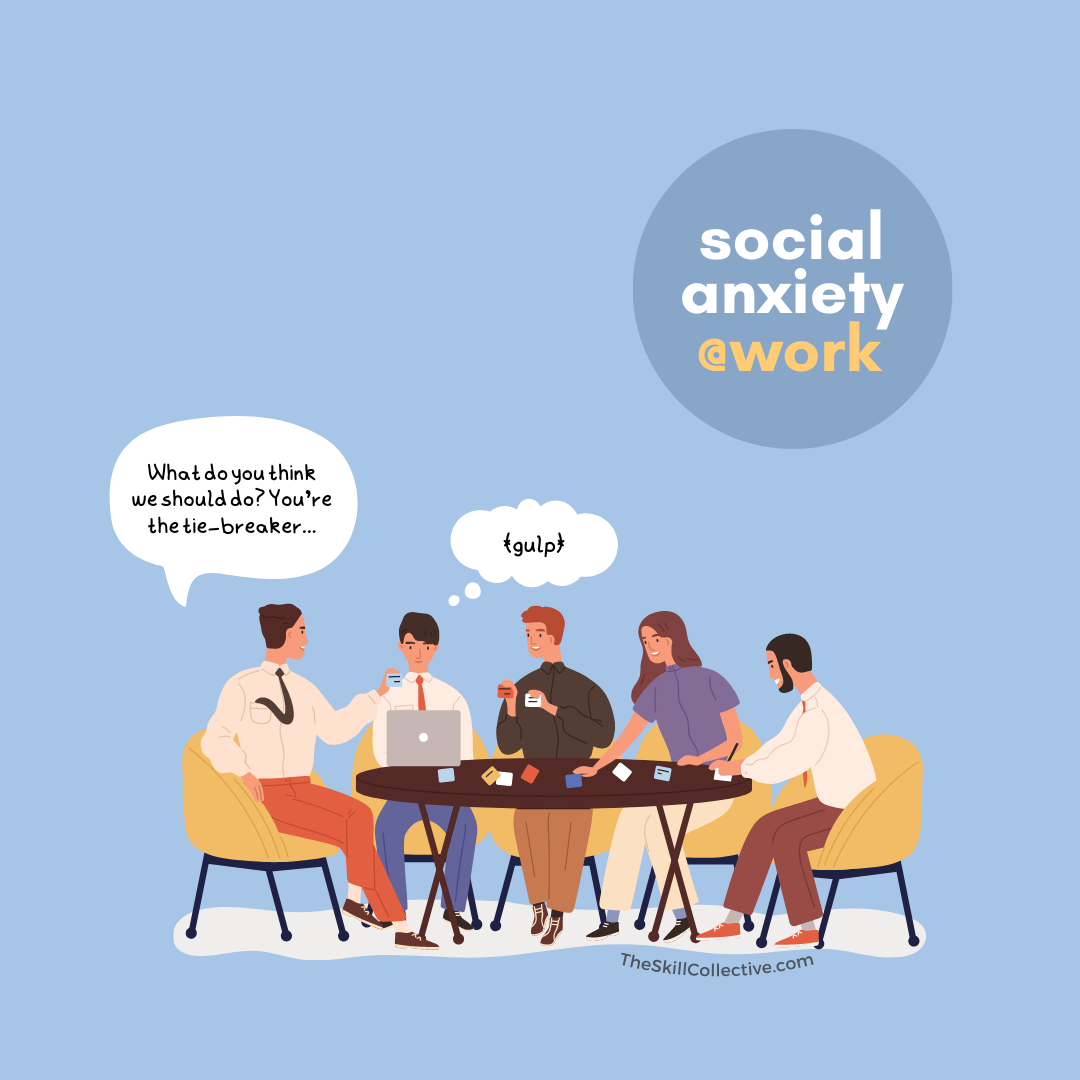HOW DO YOU COPE WITH STRESS? (HINT: COPING STYLES MATTER)
By Joyce Chong
It's no secret that our modern lifestyle can cause stress, but short of going off the grid altogether, how do you approach the concept of stress management? Let’s take a closer look at Megan’s situation.
Megan works in a 9 to 5 role – actually, it’s more like 8 to 6 (or 6.30), depending on how much extra time she puts in to get the job done to her standard – in a field that often has tight deadlines and last-minute tasks.
Outside of work, Megan is part of a hockey team, has a partner, catches up regularly with a couple of group of friends, sees her family, and she is also completing some extra study on the side (one unit towards a diploma).
Over time, as the tasks start to pile up, Megan finds herself feeling increasingly stressed, irritable, and ineffective in what she does. Naturally – as with many busy people – the first things to go when Megan gets busy are her healthy habits and exercise (e.g. working late and missing hockey training), and at times she feels at the mercy of deadlines, her diary, and her expectations.
Something probably has to give when it comes to how Megan manages her stress, but what?
COPING STYLES + WHY THEY MATTER
Before Megan launches into all of the various stress management strategies that she can think of (and if you're keen for 15 Stress Management Tips for Busy People you can find them in our free Resource Library) let’s look at the different types of coping styles.
We’ve previously touched on the different coping styles (see our article on Spring Cleaning Your Life – Part 2 Mental Health and Wellbeing) but to refresh, we can focus on three overall methods: problem-focused coping, emotion-focused coping, and avoidance. [1]
Problem-focused coping is where we identify the cause of stress and take steps so that it’s less likely that the same issue will recur. That is we attempt to change the root cause. Examples of problem-focused coping strategies include developing skills in communication style, time management, or goal setting. Focusing on improving your physical health (yes, sleep, nutrition, and exercise) also falls into this category because these are the building blocks to better overall wellbeing.
In contrast, Emotion-focused coping strategies aim to reduce the intensity of the emotion, rather than changing the root cause of the issue. Examples of emotion-focused coping strategies include mindfulness, relaxation, and cognitive restructuring. Exercise may also fall into this category given the benefit of exercise for stress.
Then there are Avoidant coping strategies. These provide temporary relief, but not much else. Chances are, the same issue will still be there when the relief passes. So, we may procrastinate to avoid working on a task, but the task will still be there when we've finished procrastinating. Or we may drink to dull our worries, but even when the effects of alcohol have passed our situation hasn’t and we still have to deal with it.
SO WHAT IS THE BEST APPROACH?
We’re often asked what the best approach to coping with stress is. The short answer is…it depends on the situation but it’s rarely avoidant coping (more on this later).
Let’s look at Megan’s situation. Ideally if she is able to change the problem at the source then she reduces the likelihood that it (and her stress levels) will crop up again. However, Megan does work in a role that has an unpredictable element to it in terms of last-minute tasks with tight deadlines, and it’s hard to plan around these. So, in Megan’s case, let’s look at a combination of problem-focused and emotion-focused coping strategies:
Under problem-focused strategies Megan may be able to take a look at where her priorities lie so that she can develop more effective time management skills, schedule her catch ups (with partner, friends, and family) so that she is not overwhelmed by too many of these every weekend, and set up self-care (exercise, nutrition, and sleep) as ‘non-negotiables’. Megan may also find it helpful to examine if she leans towards perfectionistic standards and expectations, or whether they are truly realistic.
Under emotion-focused strategies, particularly when it comes to dealing with last-minute tasks with tight deadlines, Megan may find it helpful to practise some relaxation in the midst of working towards deadlines (see Tip 5 in this list of 6 Strategies for Exam Stress). She can also look at some of her self-talk that may be driving up her stress levels (e.g. “How am I going to get through this? It’s impossible!”, “I can’t miss catching up with my friends every week, they’ll think that I don’t care!”, or “I must get a high distinction on this unit that I’m doing, otherwise it’s a waste of my time studying.”).
As mentioned, avoidant strategies aren’t generally the most helpful – procrastination would only set Megan further behind, and alcohol or drugs only delay the inevitable workload.
Now that we’ve looked at the different coping styles, perhaps it’s a good time to take inventory of your own approach to see what's working for you.
Want more? You can connect with The Skill Collective in the following ways:
Contact us to make an individual appointment to get started on making changes.
Get access to our FREE resource library filled with exclusive tip-sheets on Wellbeing, Mental Health, and Performance that you won't find here on the blog
Join our FREE 14-day Wellbeing Challenge. Tailored for busy lives we're talking wellbeing tips for better body, mind, and heart in just 15 minutes a day, delivered straight to your inbox.
REFERENCES
[1] Endler, N.S., & Parker, J.D.A. (1990). Multidimensional assessment of coping: A critical evaluation. Personality Processes and Individual Differences, 58, 844-854.












Keep track of your anxiety by monitoring your mood and sticking with healthy habits. Here we outline how the humble planner can help you to achieve your goals when it comes to anxiety.